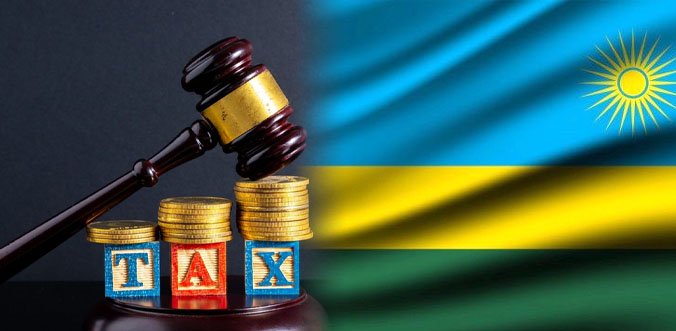As Rwanda strengthens its tax regime on gambling to address economic and social concerns, a recently passed income tax bill has ignited debate: national lottery operators will not be subject to a gambling tariff. This decision has raised questions among lawmakers, with some arguing that the distinction between gambling (risking money for potential winnings) and lottery is too thin to justify differing tax treatments.
Key Changes in the Income Tax Bill
Among the proposed changes to the 2022 income tax law, the bill increases the tax on gross gambling revenue from 13% to 40%. The government’s goal is to promote responsible gambling while generating more tax revenue from this fast-growing sector.
The bill states that companies engaged in gambling activities will face a tax of 40%, calculated based on the difference between the total amount wagered and the winnings awarded—also known as gross gambling revenue. Taxpayers must declare their gambling activity taxes according to the prescribed forms and procedures, paying the tax due within 15 days after the end of each month.
As the Chamber of Deputies passed the new income tax bill on Tuesday, April 29, MP Odette Uwamariya, Chairperson of the Parliamentary Committee on State Budget and Patrimony, noted that one of the most significantly amended provisions deals with the taxation of income for companies involved in gambling.
This amendment to Article 50 of the law enacted in October 2022 exempts national lottery companies from the gross gambling revenue tax. Uwamariya explained that while lottery and gambling may seem similar, the national lottery is viewed as a government business. Half of the revenues generated by these entities go to the national treasury, with plans to increase this share to 60%.
Uwamariya stated, “The companies argued that imposing additional charges would amount to double taxation.”
MP Théogène Munyangeyo expressed concern about the societal impacts of gambling, questioning whether there is a meaningful distinction between lottery and betting.
He remarked, “Even those engaged in the lottery are considered as betting. But because the government has a stake in it, they have been exempted.” Munyangeyo argued that rewards from the lottery, even in-kind prizes like a motorcycle worth Rwf2 million, can fuel addiction just as cash winnings do.
“A person who wins something in kind is not taxed, but one who wins cash is taxed. Yet the item won can also be sold for money,” he noted.
Legal Definitions and Requirements
The 2011 law governing gaming activities defines a national lottery as one owned in whole or in part by the government and promoted nationally. Companies operating a national lottery must obtain a license and have specific agreements with the government regarding revenue sharing and tax contributions.
Uwamariya added, “The national lottery is distinct because it is organized under government control and contributes a defined portion of its revenue directly to the treasury.”
Uwamariya reported that while the gambling sector has generated Rwf260 billion since 2013, the government has collected only Rwf8 billion in taxes. This disparity justifies the need for higher tax rates to curb abuse and address gambling-related social issues such as trauma and addiction.
Godfrey Kabera, Minister of State in charge of National Treasury at the Ministry of Finance and Economic Planning, emphasized that the tax changes aim to grow the gambling sector without jeopardizing public welfare.
“These reforms are not intended to cause losses to those engaged in gambling but to ensure the sector develops responsibly and effectively,” he stated.
In response to Munyangeyo’s question about whether private shareholders in a lottery operation should be taxed, Kabera explained that because gross revenue is taxed before distribution to the treasury, applying the same tax to private investors would unfairly increase their burden.
“It would be as though they are shouldering the tax burden alone, yet we are in this investment together,” Kabera concluded.
